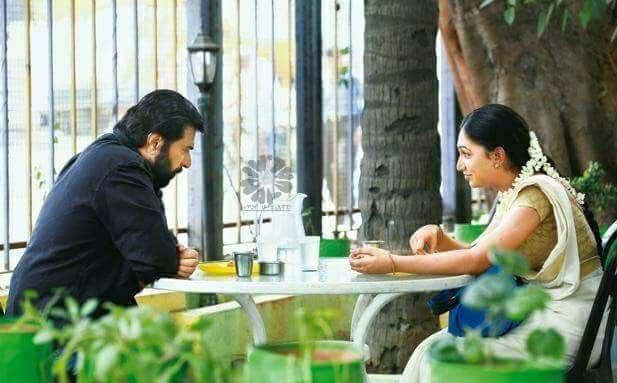Faraz Arif Ansari's (centre) upcoming film that involves a transwoman in her 60s has hit a roadblock. Credit: Faraz Arif Ansari.
A Revolution Has Begun

Chennai-based Namitha Ammu found opportunities in the Tamil film industry, which has been casting transwomen in roles, big and small, in a positive light. Credit: Namitha Ammu.
But There’s Still A Long Way To Go
Navya Singh from Katihar, Bihar, in a still from 'Sab Theek Hain', a short comedy web-series. Credit: Navya Singh.
Reena Rai (second from left), the founder of TransQueen India, with the winners last year in Mumbai. "I hosted the pageant in Mumbai to draw the attention of Bollywood," she says. Credit: Reena Rai.
Veena Sendre from Chhattisgarh has been offered item numbers but wants to wait for bigger, better roles. "Hopefully in romance. I love romance stories," she says. Credit: Veena Sendre.
